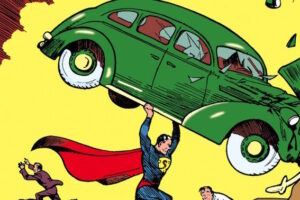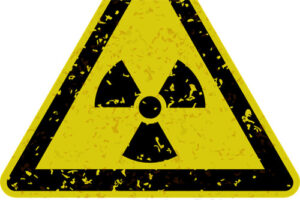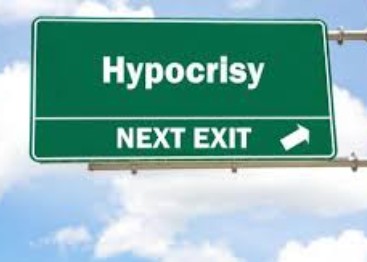10 Jaw-Dropping Reactions to Bad Reviews You Can’t Ignore
When it comes to opinions, there’s no shortage of colorful sayings, and let’s be honest—most of them aren’t exactly flattering. But here’s the thing: everyone has an opinion, and not all of them are going to be good, valid, or even agreeable. Now, when these opinions take the form of reviews—whether for books, restaurants, or products—they can seriously shape how others see things. And sometimes, they can even impact the lives of the people behind what’s being reviewed. It’s no wonder that some folks have pretty strong, even odd, reactions to getting a bad review.
Think about it: a single negative review can stick out like a sore thumb, overshadowing dozens of positive ones. It’s almost like our brains are wired to focus on the negative, even when it’s just one person’s take. And for the person on the receiving end? It can feel personal, even if it’s not meant to be. After all, a review isn’t just feedback—it’s a judgment, and judgments can sting.
But here’s where it gets interesting. Reviews, whether glowing or scathing, are a reflection of the reviewer’s perspective, not an absolute truth. What one person loves, another might hate. And that’s what makes them so fascinating—and sometimes, downright bizarre. Ever read a review that made you wonder if the person even experienced the same thing you did? It’s like they’re living in a parallel universe where the rules of taste and logic don’t apply.
10.Michael Crichton Made a Critic Into a Child Molester in One of His Books
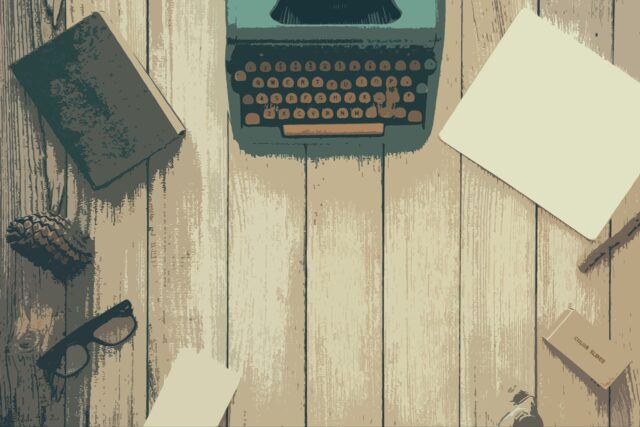
Michael Crichton, the mastermind behind Jurassic Park, The Andromeda Strain, and Sphere, was a literary giant whose works not only dominated bestseller lists but also became blockbuster films. His influence on pop culture is undeniable, but here’s the twist: even legends can have their petty moments. And Crichton? He had plenty.
Enter Michael Crowley, a writer for The New Republic, who once critiqued Crichton’s work in a way that caught the author’s attention—and not in a good way. Instead of firing back with a public rebuttal or a scathing letter, Crichton took a more… creative approach. He wrote a novel. Specifically, Next.
In the book, there’s a character named Mick Crowley. This isn’t just a casual nod—it’s a full-blown caricature. The fictional Crowley is described in vivid, unflattering detail, including some rather explicit (and humiliating) physical traits. Real-life Crowley, upon reading the book, noticed the similarities and concluded it was no coincidence. Yet, instead of being outraged, he found the whole thing oddly flattering. In his view, if Crichton had to resort to such a childish jab, it only proved that his original criticism had hit a nerve.
It’s a bizarre little chapter in literary history, isn’t it? On one hand, you have Crichton, a towering figure in fiction, stooping to what might be the most passive-aggressive revenge tactic imaginable. On the other, you have Crowley, who seems to have taken it all in stride, even finding a strange sense of validation in the whole ordeal.
What makes this story so fascinating is the sheer pettiness of it all. Here’s a man who could craft epic tales of dinosaurs and deadly viruses, yet he couldn’t resist the urge to settle a score in the most immature way possible. It’s a reminder that even the most brilliant minds aren’t immune to the occasional bout of childishness. And honestly? That’s what makes it so relatable—and so entertaining.
9.People Think Negative Reviews Are Considered More Intelligent

Ever find yourself scrolling through reviews on Amazon, Yelp, or Rotten Tomatoes, wondering which ones to trust? Do you lean toward the glowing five-star praise or the scathing one-star takedown? Turns out, most of us are wired to pay more attention to the negative ones—even if we don’t fully realize it.
Research shows that negative reviews carry more weight in our decision-making. Strange, right? Even if we think the person writing the negative review might be a bit of a jerk, we still tend to see them as smarter and more knowledgeable. It’s like we assume they’ve got some insider expertise just because they’re being critical.
Why does this happen? Part of it comes down to rarity. Most products, services, or movies have a flood of positive reviews, so when a negative one pops up, it feels like a hidden gem of truth. Imagine a movie with 99 glowing reviews and one brutal critique. Guess which one we’re more likely to click on? Yep, the bad one. Somehow, that single negative opinion feels more valuable than all the positivity combined. It’s a weird paradox, but it’s how our brains work.
And then there’s the issue of trust. Let’s face it: not all reviews are genuine. Studies suggest that up to 43% of reviews on sites like Amazon might be fake. That makes us even more skeptical of the positive ones. Negative reviews, on the other hand, feel more authentic—like they’re coming from someone who has no reason to lie. So, we give them more credibility, even if they’re just as likely to be biased or exaggerated.
It’s fascinating, really. We’re drawn to negativity, even when it’s surrounded by a sea of positivity. Maybe it’s because we’re trying to avoid disappointment, or maybe it’s just human nature to focus on the bad. Either way, the next time you’re scrolling through reviews, take a moment to think about why you’re clicking on that one-star rant. Is it really more trustworthy—or are you just falling into the same psychological trap as the rest of us?
8.Conan O’Brien Wrote His Own Negative Review of His Show in 1993
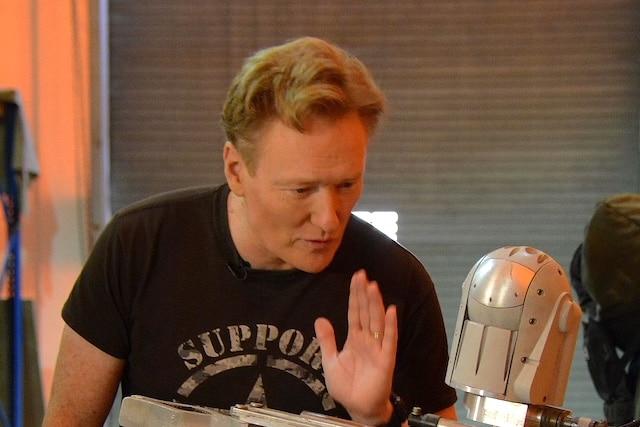
Conan O’Brien is a titan of the late night comedy scene and his shows are now considered some of the funniest in late night history. He was obviously not without problems, though, from being pushed out of his Tonight Show gig to proving himself in the first place way back in the 1990s.
When Conan debuted Late Night with Conan O’Brien in 1993, he was not well known at all and the reviews were not very good. But O’Brien, for all of his self-deprecating humor, is also a smart guy and very savvy about playing to his strengths. When the writing was on the wall about his debut, he put pen to paper and wrote his own negative review to cut the critics off at the pass.
The show premiered on September 13th, 1993. In that same day’s edition of the New York Times, O’Brien wrote a piece called “O’Brien Flops” as though he were a viewer of his own show and picked apart everything that was wrong with him as a host and the show in general, though the whole thing was embellished with outlandish and false details.
7.Tom Arnold and Roseanne Sent Vulgar Letters to Critics
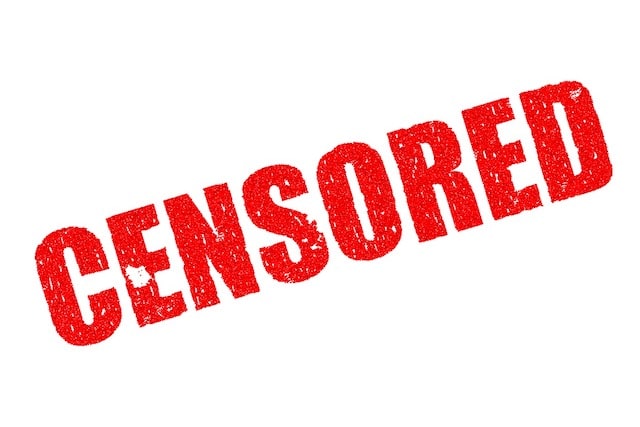
Tom Arnold and Roseanne Barr were never known for their tact back in the 1990s or even today for that matter. While Arnold has matured quite a bit in his old age, Roseanne is still known to make bold and hard-to-ignore statements in public that rub people the wrong way. The two of them perfected this as a couple when they sent vulgarity-laden faxes to critics of Arnold’s spinoff “The Jackie Thomas Show” which you may or may not remember.
The couple sent three faxes to critics that had been especially harsh and included anti-gay slurs directed at one critic and other personal attacks. Roseanne claimed she had written them because each of the critics had done the same thing to her, attacking her for her appearance and other personal things rather than the content of the show, so she felt she was justified.
6.A Bookstore Owner Tried to Break Into the House of a Yelper Reviewer

Sometimes, online reviews can spark drama that feels straight out of a soap opera. Take, for instance, a bizarre incident that unfolded in San Francisco between a Yelp reviewer and a local bookstore owner. What started as a simple two-star review escalated into a full-blown confrontation—complete with a police intervention.
The reviewer, in his critique, described the bookstore as “a mess.” Fair enough, right? Not to the store owner. Instead of shrugging it off or responding professionally, she fired back with a classic “Say it to my face” retort. She explained that she was dealing with personal struggles, couldn’t afford a cleaner, and accused the reviewer of being unkind without offering to help improve the situation. The exchange quickly devolved into a war of words, with insults flying back and forth.
But here’s where it gets wild. The owner didn’t stop at online arguments. She tracked down the reviewer’s address, showed up at his house, and allegedly tried to force her way inside. Understandably freaked out, the man called the police, who arrived and arrested her. Talk about taking a bad review personally!
After her arrest, the owner claimed it was all a misunderstanding. She insisted she had only gone to the reviewer’s home to apologize for her earlier hostility. Whether that’s true or not, the reviewer decided not to press charges, as long as she left him alone moving forward.
This story is a perfect example of how something as mundane as a Yelp review can spiral into chaos. It’s also a reminder that behind every review—and every business—there are real people with real emotions. But showing up at someone’s house? That’s a line no one should cross. It’s equal parts shocking, absurd, and oddly fascinating—a cautionary tale for anyone who’s ever thought about leaving a bad review or responding to one.
5.Sony Invented a Fake Critic to Review Bad Movies
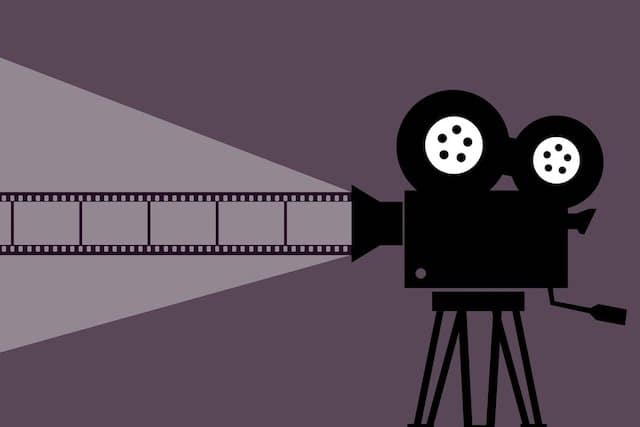
The economics of movies are pretty crazy and sometimes a movie can cost $100 million but need to make $300 million or more to be a success and none of us understand it. But for studios, there’s clearly a lot at stake and they need popular, successful movies. Critics can help make that happen if they love a movie, or they can destroy a film’s chances with bad reviews. So what’s a studio to do if they want an edge?
If you’re Sony, you make up fake critics to give your bad movies good reviews so that they don’t look so bad anymore. David Manning was Sony’s fictional critic, who worked for the Ridgefield Press in Connecticut. He loved Hollow Man and Rob Schneider’s The Animal and more. He loved every Sony film and Sony used his quotes in their ads.
Manning was made up by a Sony ad executive. His reviews were only noticed when other critics started seeing irregularities in his work, like how he’d reviewed some movies before critics had screenings. That and the fact no one had ever met him.
4.Leonard Maltin Poorly Reviewed Gremlins One So The Director Killed Him in Part Two

There’s a scene in Gremlins 2 in which film critic Leonard Maltin is reviewing the home video release of the first Gremlins and he gets attacked on set by actual gremlins. It’s a fun bit of meta-humor in a movie that was super weird from top to bottom. This scene didn’t come out of nowhere, however.
In 1984, Maltin reviewed the first Gremlins and called it “icky and gross.” He didn’t like it, in other words. And in 1984, Maltin was a big critic. His reviews were on Entertainment Tonight, so this was widely seen.
Director Joe Dante didn’t take issue with it the way you’d expect, though. He invited Maltin to do a cameo in part two and just killed the man on screen.
3.Rockstar Paid to Publish Bad Reviews of Grand Theft Auto

Grand Theft Auto is one of the most popular game franchises in history right now so it’s hard to imagine it ever would have needed to force some publicity somehow, but it did. The games have always been a little controversial so, if they didn’t have that level of popularity, you can imagine it might be an uphill battle for them.
The original GTA was a top-down shooter game and had no fanbase so when it debuted, it needed help. The designers decided to generate some buzz by paying for bad reviews. The idea was that the reviews would point out all the controversial things, which gamers would recognize as awesome things, and make sure they were published in places where they would act as rage bait for people who already hated games. It worked like a charm, too.
2.Richard Brittain Tracked Down a Negative Reviewer and Attacked Her With a Wine Bottle

Writers are often deeply attached to their work, and let’s be honest—no one wants to hear that their masterpiece is anything less than brilliant. Criticism can sting, especially when it feels personal. That’s why most authors avoid reading their own reviews. But Richard Brittain? He didn’t just read the reviews—he took things to a whole new level of crazy.
In 2014, Brittain uploaded part of his novel to Wattpad, a platform where writers share their work and invite feedback. Enter an 18-year-old girl who read his story and, well, didn’t like it. Her opinion might have been harsh, but it was just that—an opinion. For most writers, this would’ve been a moment to shrug it off or maybe sulk in private. Not Brittain.
Instead, the 28-year-old author tracked the girl down on Facebook, figured out where she worked (a supermarket, of all places), and then drove 400 miles to confront her. Yes, you read that right—400 miles. Once he arrived, he grabbed a wine bottle from the store’s alcohol section, found the girl, and hit her over the head with it. The attack knocked her unconscious, and Brittain was promptly arrested. He ended up serving two and a half years in jail for his actions.
It’s hard to wrap your head around this story. On one hand, it’s a cautionary tale about the dangers of taking criticism too personally. On the other, it’s a bizarre and unsettling example of how far someone can go when they let their emotions spiral out of control. Brittain’s reaction wasn’t just extreme—it was downright criminal.
What’s even more shocking is the sheer absurdity of it all. A wine bottle? A 400-mile drive? Over a bad review on Wattpad? It’s almost like something out of a dark comedy, except it’s all too real. The girl, thankfully, recovered, and Brittain got a harsh reality check behind bars. But the story remains a wild reminder that not everyone can handle criticism—and some people take it to terrifying extremes.
1.David Merrick’s Clever Critic Con – The Most Unbelievable Theater Hoax

David Merrick wasn’t just a Broadway producer in the 1960s—he was a master of turning bad reviews into box office gold. His methods were as shady as they were ingenious, and the sheer effort he put into his schemes was nothing short of extraordinary. One of his most infamous stunts? A plan so bizarre, so audacious, that it somehow worked.
Merrick’s productions weren’t always critical darlings. Take Subways Are For Sleeping, his 1961 musical. The show was torn apart by every major theater critic, and its fate seemed sealed: a quick flop and an even quicker closure. But Merrick wasn’t about to let a few bad reviews sink his ship. Instead, he hatched a plan that was equal parts ridiculous and brilliant.
Here’s the twist: Merrick realized his show’s fate rested in the hands of seven influential critics. So, what did he do? He tracked down seven men who just happened to share the exact same names as those critics. Yes, you read that right. He wined and dined them, treated them to a night on the town, and even took them to see his show. In exchange, all he asked was permission to quote their glowing reviews in the papers.
It was a gamble, to say the least. Most newspapers caught wind of the scam before it went to print, and only one actually published the fake quotes. But here’s the kicker: the story itself became a sensation. People couldn’t stop talking about Merrick’s audacious stunt, and suddenly, Subways Are For Sleeping was the talk of the town. The show went from near-certain failure to a surprising success, all thanks to Merrick’s wild creativity.
What makes this story so fascinating is the sheer audacity of it all. Merrick didn’t just try to spin the narrative—he rewrote it entirely, using nothing but wit, charm, and a little bit of trickery. It’s a reminder that sometimes, the most unconventional ideas can yield the most unexpected results. And love it or hate it, you have to admit: Merrick’s plan was one for the history books.



